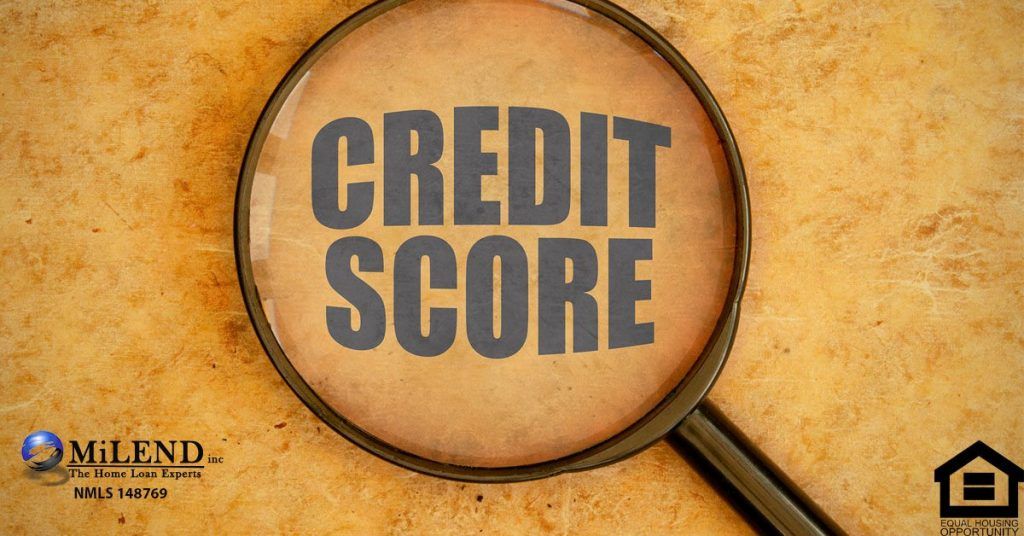Good to Know: The Role of a Closing Attorney and the Title Company
There are many steps involved in this process. From beginning to end it goes roughly as follows: When a lender meets with a borrower, for either a purchase or a refinance, the lender requests a title search to find out what, if any, liens have been placed against the property. The title search will also verify the names on the property title.
In a refinance or purchase transaction the lender will order the title search through the closing attorney which is usually the lender’s attorney in a refinance and the seller’s attorney in a purchase transaction. The closing attorney performs a title search, or abstract, pulling data from the recording body, usually the county the property is located in, to determine what liens are on that property. If there are unexpected liens, the borrower will be able to address them with the seller before closing.
The Closing attorney will often offer title insurance through a title company the attorney represents. Title insurance protects real estate owners and lenders against any property loss or damage they might experience because of liens, encumbrances or defects in the title to the property. Once the transaction is ready to go to closing, the closing attorney will prepare the closing documents and reconcile the figures from both sides of a purchase transaction or with the borrower in a refinance. Once everyone is in agreement, the closing attorney receives the funds sent by the lender and then distributes these funds to the parties involved in the closing.
At the closing, the closing attorney will review the documents with the borrower. Keep in mind though that the closing attorney is unable to give advice or direct a borrower or seller as to a course of action if questions arise. Borrowers should always have either an attorney or someone knowledgeable about the lending process involved. After the closing, the closing attorney will arrange to have the recordable documents sent to the recording body to be recorded.

Your Ultimate Winter Home Preparation Guide
Read more...





